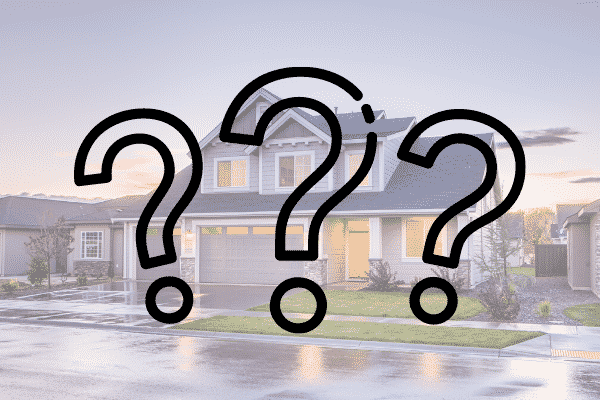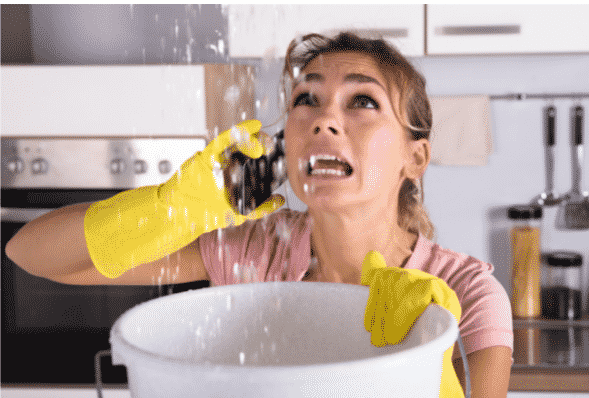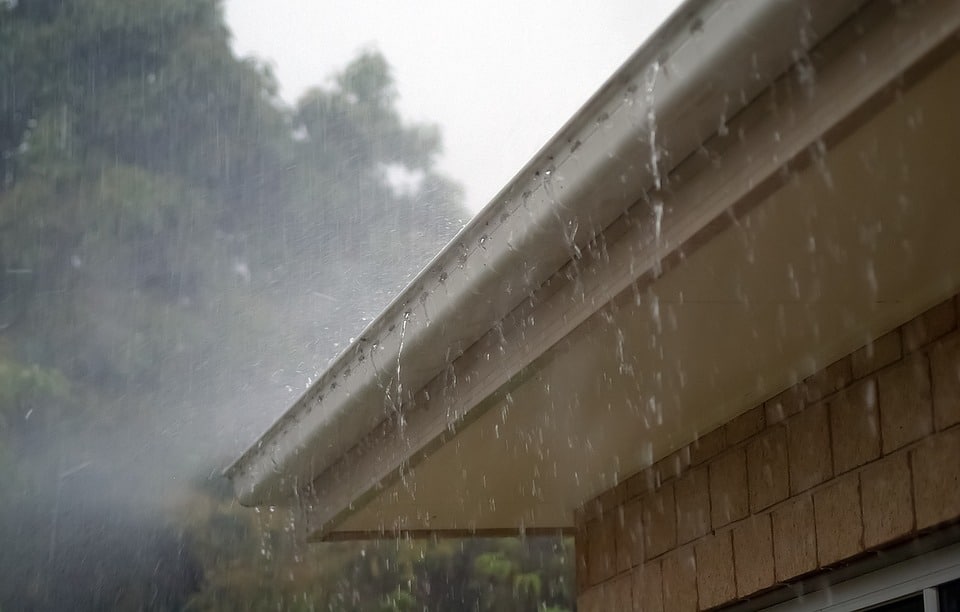By Keith Boggs, September 28, 2022.
A home inspection is vital when buying or selling a house. It is a top-to-bottom evaluation of a house done by a licensed home inspector. In most cases, buyers pay for home inspections before purchasing the house. This is done to ensure the house is free from any structural or technical setbacks that could be costly to repair.
The role of a home inspector is to provide the buyer with a detailed evaluation and comprehensive report that shows the house’s structural integrity. The report must cover every problem within the house, both big and small. When a home inspection is done, there are several possible outcomes. The buyer has the right to back out of the deal when a home inspection reveals several serious defects. Alternatively, the buyer can attempt to renegotiate the price, considering repair costs. The seller can agree to significantly lower the cost of the house if there are major damages. This underlines the importance of a home inspection. A home inspector will examine every part of the property, looking for mechanical, plumbing, electrical, and structural faults.
Many severe defects can be revealed in a home inspection, from cracks in the foundation to drainage problems. Knowing some of these factors is crucial for sellers and buyers. Here are eight serious defects that can be found in a home inspection.
1. Poor Ground Sloping
It is recommended that lawns have at least a 3% slope away from the house. This is crucial because it allows water to flow away from the house and reduces cases of water damage. Therefore, the house should have an ideal ground sloping to prevent drainage problems. The land should drop 2-3 inches every ten feet away from the foundation in a perfect world. This creates an ideal base that doesn’t retain water when it rains. Drainage is a crucial part of any home inspection, and it must work efficiently for a home to be considered habitable. With poor drainage, there is a high risk of water damage. The presence of water creates dampness around the house, triggers cracks in the settlement, and could affect the foundation. If water isn’t removed on time, it will be absorbed through the foundation and rot the wall. Therefore, such features are likely to be categorized as a major defect.
2. Faulty Foundation
A faulty foundation will be accorded the seriousness it deserves in a home inspection. The foundation is a critical part of the house, and any defects around it pose great danger. Besides, foundation defects are very costly to fix, with some cases costing as much as $10,000. Signs that show foundation problems include sloping floors, cracks in walls around the doorways, windows and doors that stick, and horizontal or L-shaped cracks in parts of the exterior foundation. If you are a home seller and know that your home has these defects, it is vital to fix them. This is the case because they might lower the value of your home. Fixing foundation problems will restore the home’s value and attract more potential buyers.

Thankfully, there are many ways you can fix foundation problems. You can fill the foundation cracks with silicone caulk or epoxy for minor repairs. This will strengthen its base and keep it intact. You can also seal the cracks in the exterior foundation using a waterproof coating. Remember that only professionals can do these repairs to ensure safety and efficiency. Additionally, you can adjust windows and doors so that they can open smoothly without sticking. This helps improve your home’s value significantly.
3. Security and Safety Features
Home inspectors also check for a home’s security and safety features. If the home cannot guarantee safety, it will not be a great fit for the buyer. As much as it is ideal to have a security team guarding your home and family, other features influence a home’s overall safety. For instance, home inspectors look to see whether doors and windows have working locks. The house should also have sufficient carbon monoxide and smoke detectors in all the crucial places.
Knowing that the minimum number of carbon monoxide and smoke detectors in a house varies from state to state is crucial. Therefore, you should know your state’s requirements and get your home in order. Fixing these security problems will help increase your home’s value.
4. Plumbing Problems
It is costly to fix malfunctioning water heaters, damaged water pipes, and backed-up sewage systems. Given the high cost of such repairs, they can be a major defect in a home inspection. The plumbing system plays a vital role in a home’s structure. Therefore, home inspectors check to ensure everything works efficiently within the plumbing system.
There are different types of plumbing pipes, and each type has a unique quality. Some types of plumbing pipes, like those made from polybutylene materials, have been discontinued. This means a house might not meet the standards if its plumbing pipes are faulty and made from polybutylene material. Home inspectors will capture these details in the report and advise the buyer on what to do. If you plan to sell your home, you should fix these plumbing issues before selling it.
One way to fix the problem is by upgrading the plumbing system with modern piping. You should also fix visible leaks that could lead to water drainage. Cleaning out and unclogging these drains will also fix the problems. Most buyers will look for perfection when it comes to plumbing, and you need to ensure your home is up to standard.
5. Pest Infestation
Nobody wants to live in a house infested with pests. Most homebuyers won’t think twice about rejecting a home infested with pests, especially termites. Therefore, if such pests are in the house, it is a major issue. Wood-eating insects like termites cause great damage to the house’s structure if not contained. It is vital to ensure that the home is free from such pests before selling it.
Home inspectors that offer Wood Destroying Insect Reports are trained to identify any signs of termites or carpenter ants. For additional peace of mind, some home buyers hire pest control companies to inspect the house for pests. If your home has signs of pests, you can get a pest control company to inspect and treat it before the actual home inspection. If the pest control company finds termites, you need to disclose them. Besides, you should get a termite bond that protects the house from pest re-infestation. This goes a long way in safeguarding the buyer’s interests. It also helps maintain the home’s value and initial price.
6. Roofing Problems
Another key point that a home inspector focuses on is roofing problems. The roof is an essential part of the home, and any problems in this area could significantly influence its cost. The entire home is susceptible to damage if there are leaks and other related issues on the roof. Therefore, if a home has roof problems, it is crucial to fix them before putting it on sale.
Apart from the roof’s condition, home inspectors will also look at the materials used on it. They check to ensure that the materials are installed correctly, still in good condition, and have no signs of water damage. Very few buyers will stay and proceed with the transaction after finding that the house has serious roof problems. This is because roof repairs tend to cost a lot of money, a cost most buyers are unwilling to incur. Therefore, you are encouraged to take care of roof-related problems before selling the house.
7. HVAC Issues
The presence of HVAC problems are a major defect in a home inspection. A home’s heating, ventilation, and cooling system form a great part of its comfort. If the HVAC system is faulty, the house will not be comfortable. Home inspectors check to ensure that cooling and heating are working properly. Besides, they will examine the wiring to ensure it is safe and can handle the HVAC system. All the gas-fired furnaces in the house should also have adequate ventilation to prevent gas leaks. Given the high risk in the furnace room, you will want to install a carbon monoxide and smoke detector. Good ventilation is crucial for comfort, and home inspectors will be checking to ensure that is the case. Flue pipes and ductwork should also be properly installed and free from any cracks.
A Home Inspection Points Out Major Defects
Thanks to a home inspection, buyers know about major problems in the house. The deal can proceed if the home inspection reveals minor problems that can be fixed easily. If you want to know more about home inspections and when to walk away from the deal, contact us at Stonebriar.





